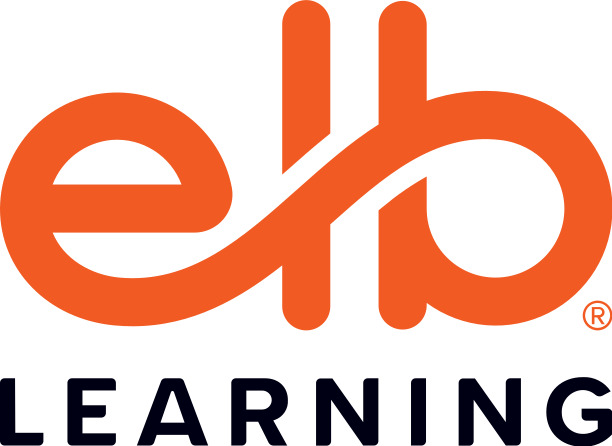ATD Blog
From the Court to the Classroom: The 8 Laws of Learning
Fri Mar 07 2025

As a legendary basketball coach John Wooden once said, “The goal is to create a correct habit that can be produced instinctively under great pressure.” To achieve this goal, he created the eight laws of learning: explanation, demonstration, imitation, repetition, repetition, repetition, repetition, and repetition. His approach underscores a fundamental truth—learning is not a one-time event but a continuous process of practice and refinement.
As players repeatedly practice moves and game strategies until they’re instinctive, learners refine their skills through continuous application. In basketball, every dribble, pass, and shot builds toward mastering the sport. Repetition is the bridge between learning and mastery, allowing individuals to build confidence and fluidity in their skills—whether communicating effectively, leading a team, or adapting to new challenges. Wooden’s insights highlight that, like basketball, learning requires consistent effort, strategic reinforcement, and a commitment to improvement—ultimately transforming knowledge into instinctive expertise.
Why Repetition Works
Repetition is the foundation for skill development. When skills and knowledge are repeated, the brain reinforces the neural pathways that make those actions easier and more automatic over time. In learning and development (L&D), this reinforcement is crucial. As Wooden highlighted, it isn’t enough to simply explain or demonstrate content; learners must actively engage, repeat, and refine their skills to master them. Only through repetition can individuals work towards this level of perfection.
Additionally, repetition enhances knowledge retention. As they engage in these repetitive practices, they build long-term muscle memory and cognitive fluency until they can recite their learning content to perfection.
Repetition in Practice With Learning Tools
The best learning tools utilize repetition to enhance skill development. Video-based coaching, for instance, allows learners to refine their skills through repeated practice, self-evaluation, and iterative improvement. Research by Ericsson, Krampe, and Tesch-Römer (1993) suggests that expert performance primarily results from deliberate practice rather than innate talent, with top performers accumulating thousands of hours of structured training over time. Through asynchronous coaching, learners can record, review, and refine their responses multiple times before submission, helping them develop fluency and confidence in communication skills like sales pitches, leadership presentations, and customer interactions. This iterative process mimics real-world situations where professionals must continuously refine their messaging to drive impact. Furthermore, when learners receive AI-driven feedback or peer reviews, they can adjust their delivery and approach more effectively.
Similarly, game-based learning leverages repetition through engaging, interactive challenges that encourage learners to reinforce key concepts while having fun. Research indicates that gamification has a moderate positive effect on learning outcomes compared to traditional methods (Sailer & Homner, 2020). By allowing learners to replay scenarios, tackle adaptive challenges, and receive instant feedback, game-based learning creates an environment where repetition feels natural rather than monotonous. Whether solving puzzles, answering quiz questions, or participating in real-world simulations, learners deepen their understanding and strengthen their decision-making abilities with each attempt, while having fun.
Just as repetition is essential in mastering basketball, it is equally crucial in learning. Through structured coaching and gamified practice, learners refine their skills and ultimately prepare them to execute with precision when it matters most.
More from ATD


